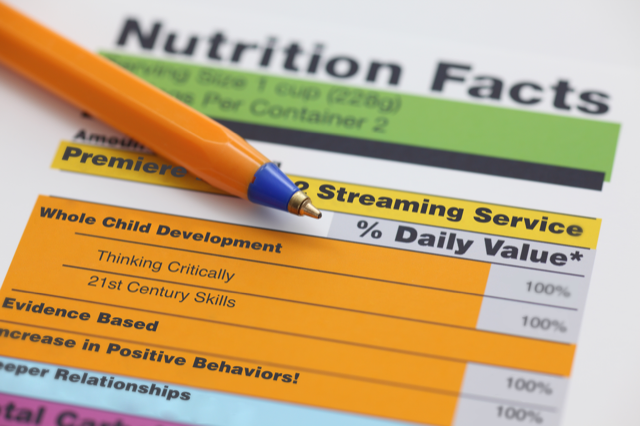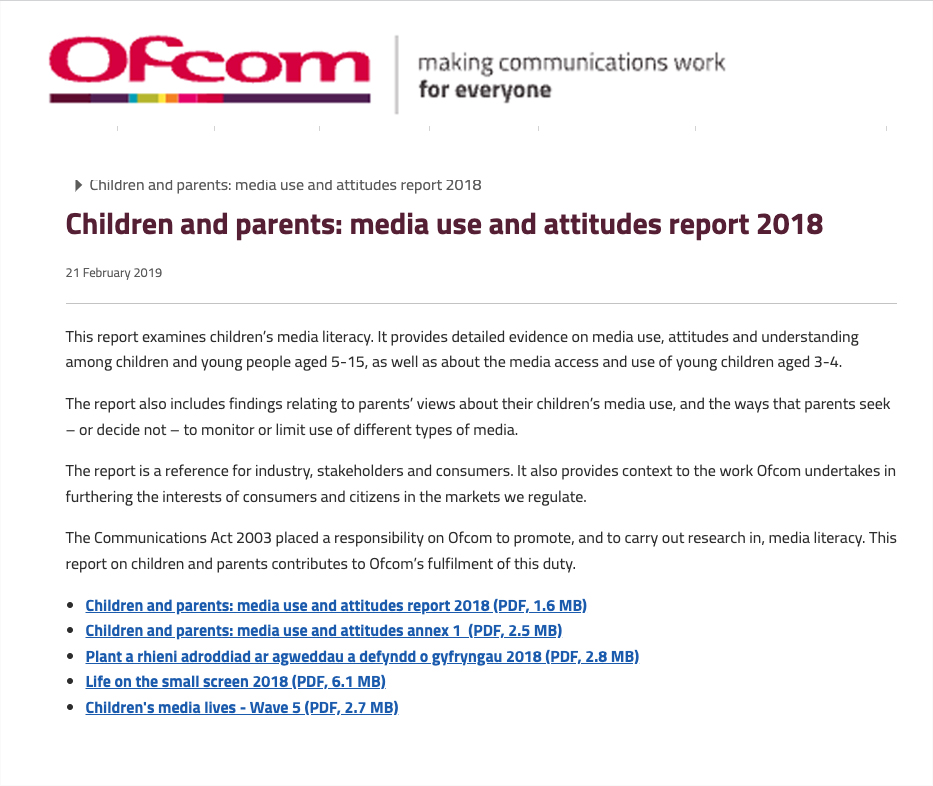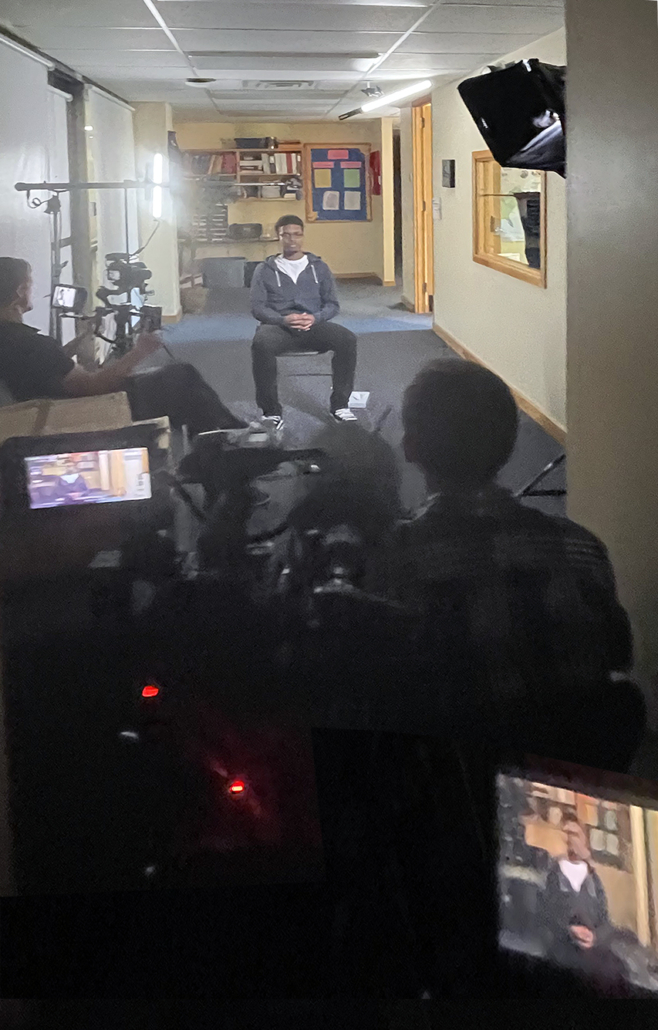Ensure your child’s media diet is as nutritious as you’d like!
By The Education Team
Nutrition is an essential component of success inside and outside of the classroom. But along with concern about consuming healthy foods and combating food insecurity, consider, too, the media diet our children are consuming.
We are all accustomed to hearing statistics like those in a 2018 Ofcom report: that by the time the average young person is 18 they will have spent 35,000 hours on media. Eight out of ten 3- to 4-year-olds use YouTube to watch cartoons and other videos. 52% are online almost 9 hours a week. Put more simply, we know that K-12 students are consuming large amounts of streaming content and we know that multimedia content is an essential tool for education. But with a massive menu of streaming content available to us, how are we to know which media are truly as mentally nutritious as we’d like?
Ensuring that the content we serve inside and outside the classroom is –whether meal-sized or merely a snack — relevant, authentic, and evidence-based is essential to providing a well-rounded media diet. Unlike other web-based portals, or curated play-lists on video sharing platforms, CWKTV is the largest proprietary, nonfiction, evidence-based streaming service in the country. We tell stories about educators and students to lift their voices up and have positive impact through a curriculum designed to develop critical thinking skills, build deeper relationships and to support better understanding of ourselves and others.
CWKTV is a unique storytelling destination for educational change and positive outcomes that cannot be simply replicated or assembled from typical mainstream content. Users of the CWKTV library, built from 15-years of evidence-based research, learn directly from educators, students, and families telling their stories first-hand. While anyone can create content passed off as curriculum, CWKTV media is actually served in schools nationwide, most notably the New York City Department of Education.
School systems turn to CWK not only because they rely on evidence-based research, but also because of the immense time we spend with educators. We interview them, they serve on our advisory boards, and they provide us with access and profiles inside of schools. And because their journey is our journey, this work creates real impact.
As you peruse the ever-growing menu of seemingly socially responsible media and bite-sized curricula, remember to check the nutrition label on any content you serve to students. Empty (mental) calories may not directly harm school-aged children, but they certainly won’t create change for good, supporting confident, 21st century literate students.




